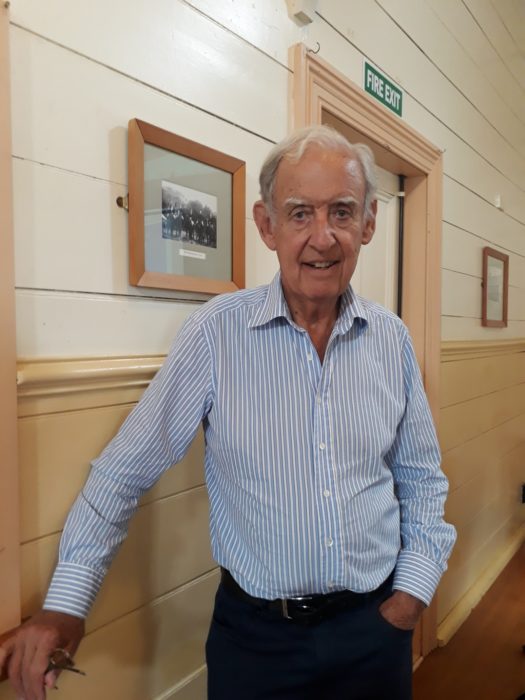
More than 3000 New Zealand women developed cancer of the cervix due to absence of an organised national screening programme from 1960 to 1990 says Professor Ron Jones, at a U3A meeting in Ormiston. Farida Master reports.
There was a grave injustice done to some women who were part of an unethical experiment at National Women’s Hospital from 1960 to 1980, and cancer specialist Dr Ron Jones hasn’t been able to come to terms with the experiment where the outcome for the patients was completely ignored.
He says he wants an apology from the University of Auckland who employed the doctors who performed the ‘unfortunate experiment’ in Auckland, deliberately not treating some women with cervical precancer. He wants them to acknowledge the harm caused to women affected by the National Woman’s Hospital.
The former obstetrician and gynaecologist who teaches medical ethics at the University of Auckland, talked about professional arrogance, misplaced loyalties and the backlash he faced when he decided to blow the whistle on the unforgivable experiment that took place for more than 20 years at the Woman’s Hospital in Auckland– the retired cancer specialist says the road has not been easy one.
Speaking at a gathering of seniors at the U3A Ormiston meeting held at the Flat Bush Old School, Mr Jones said that writing about the truth in a book titled Doctor’s in Denial-the forgotten women in the ‘unfortunate experiment’, has been very tough.
As a junior obstetrician in the 70s, Mr Jones soon learnt that a lot of women with cervical precancer weren’t getting definitive treatment due to an experiment that was conducted without their knowledge.
Wanting to bring to light the unethical way in which women were being treated, Mr Jones along with his senior colleagues Dr Bill McIndoe and Dr Jock McLean, published a scientific paper exposing the truth and the disastrous outcome of the experiment.
In the research paper they divided women into two groups. One group of women who had normal smears following adequate treatment and the other group who were allowed to have smear abnormalities-were 25 times more likely to develop cancer.
They were ostracised and no one spoke about the incident.
The author of Doctors in Denial believes it is time for an apology to all women who were part of the experiment.
In a public inquiry in 1987, Judge Silvia Cartwight observed that an unethical experiment had been carried out in large numbers of women for more than 20 years.










